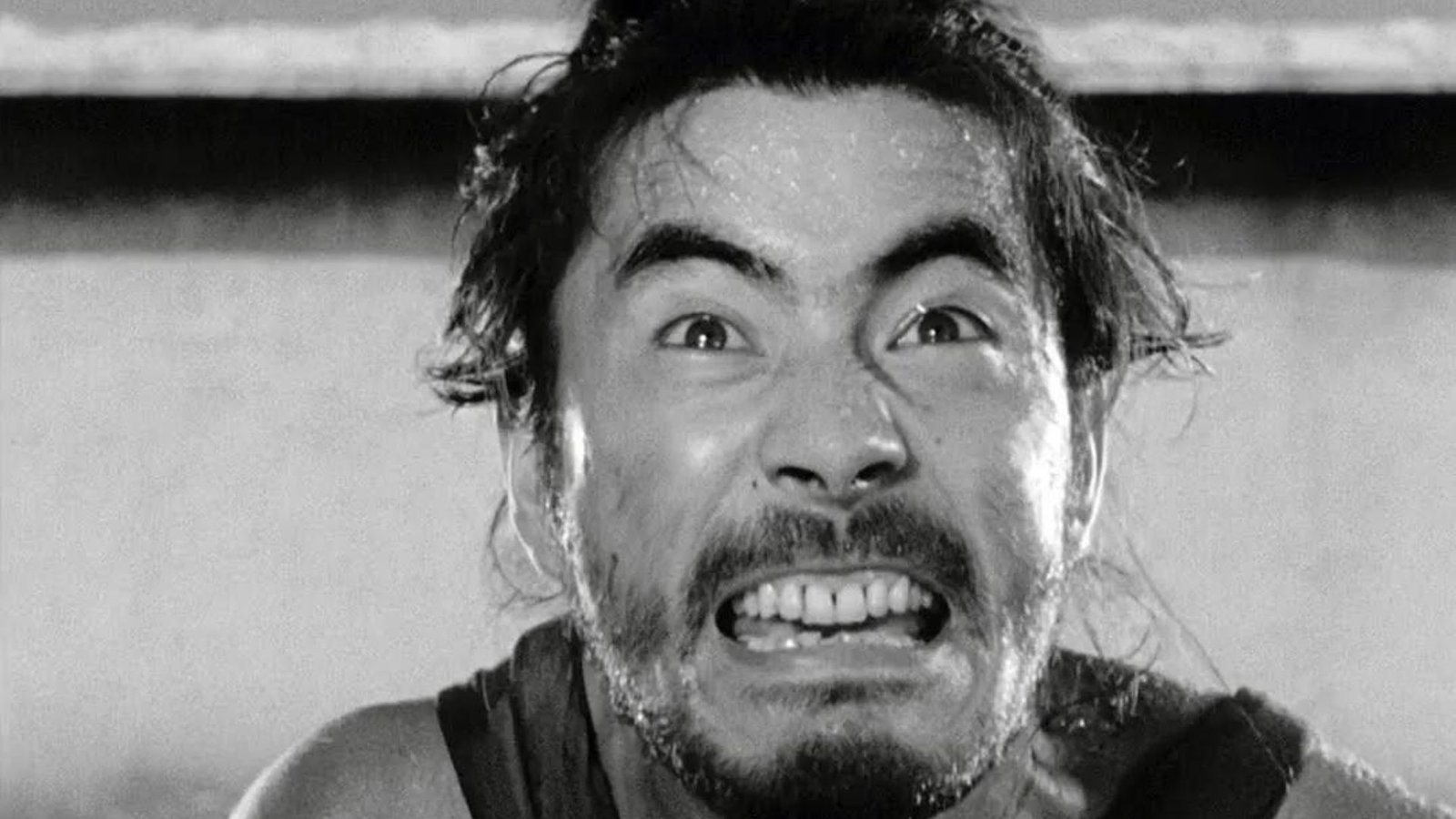The Legacy of Toshiro Mifune
Toshiro Mifune is often regarded as one of Japan’s most legendary actors, with a career that spanned over five decades and left an indelible mark on both Japanese and international cinema. His collaboration with director Akira Kurosawa produced some of the most iconic films in cinematic history, and his intense performances have influenced generations of actors around the world. This article explores the legacy of Toshiro Mifune, delving into his most memorable roles, his impact on global cinema, and the lasting influence he continues to have.

The Kurosawa-Mifune Partnership
Toshiro Mifune is perhaps best known for his long-standing collaboration with the esteemed director Akira Kurosawa. Their partnership began with “Drunken Angel” (1948) and continued for 16 films, including some of the most celebrated works in cinema. Films like “Rashomon” (1950), “Seven Samurai” (1954), “Throne of Blood” (1957), and “Yojimbo” (1961) are not just significant in Japanese film history but are considered masterpieces of world cinema.
Mifune’s performances in Kurosawa’s films were characterized by a unique blend of physicality, emotional depth, and raw intensity. His portrayal of complex characters, often torn between honor, duty, and personal struggle, resonated with audiences and critics alike. His role as the fearless samurai in “Seven Samurai” and the cunning ronin in “Yojimbo” solidified his status as a cinematic icon.
A Global Influence
Mifune’s influence extends far beyond Japan. His performances introduced international audiences to the richness of Japanese cinema during a time when it was relatively unknown outside of Asia. Directors and actors around the world took note of his work, and his style has been cited as an inspiration by numerous filmmakers.
In the West, Mifune’s impact was particularly significant in the realm of action and drama. His roles often portrayed a sense of stoic resilience and inner turmoil, traits that have since become staples in the portrayal of heroic figures in Hollywood. Filmmakers such as Martin Scorsese, George Lucas, and Steven Spielberg have all expressed admiration for Mifune’s work.
Beyond Kurosawa: A Versatile Actor
While Mifune is most closely associated with Kurosawa, his versatility as an actor is evident in his performances outside of their partnership. He starred in a wide range of genres, including historical epics, modern dramas, and comedies. Films like “The Emperor and the General” (1968), “Red Sun” (1971), and “Hell in the Pacific” (1968) showcased his ability to adapt to different roles and settings.
Mifune’s international appeal also led him to work on several Hollywood productions, where he often played characters that bridged Eastern and Western cultures. Although he was sometimes typecast as the “noble warrior,” his performances always brought depth and dignity to these roles, further cementing his global reputation.
Legacy and Recognition
Toshiro Mifune’s legacy is not just in the films he made but in the lasting impact he had on the craft of acting. His ability to convey a wide range of emotions, from fierce anger to quiet contemplation, set a new standard for actors in Japan and beyond. Mifune was a pioneer in bringing a new level of realism and intensity to the screen, influencing countless actors who followed in his footsteps.
In recognition of his contributions to cinema, Mifune received numerous awards throughout his career, including the prestigious Volpi Cup for Best Actor at the Venice Film Festival. In 2016, he was posthumously awarded a star on the Hollywood Walk of Fame, a testament to his enduring influence on global cinema.
Conclusion
Toshiro Mifune remains a towering figure in the history of cinema. His collaborations with Akira Kurosawa produced some of the most enduring films of all time, and his performances continue to inspire actors and filmmakers around the world. Mifune’s legacy is one of extraordinary talent, international influence, and an unwavering dedication to his craft. As long as his films are watched and admired, Toshiro Mifune will remain Japan’s most iconic actor.



